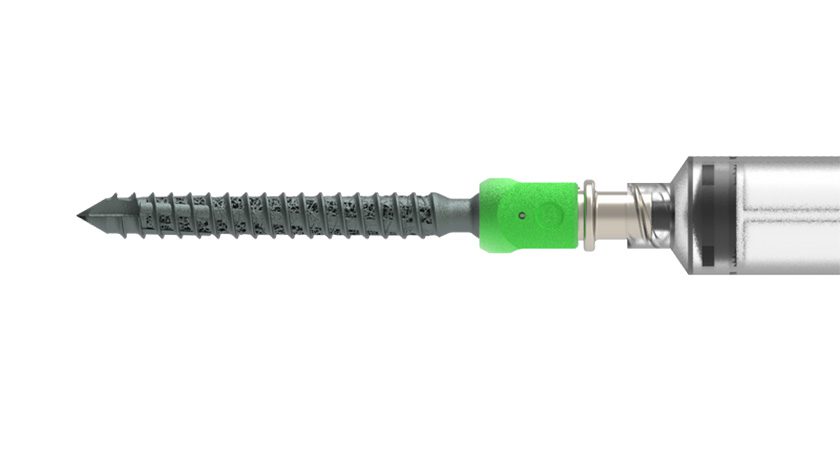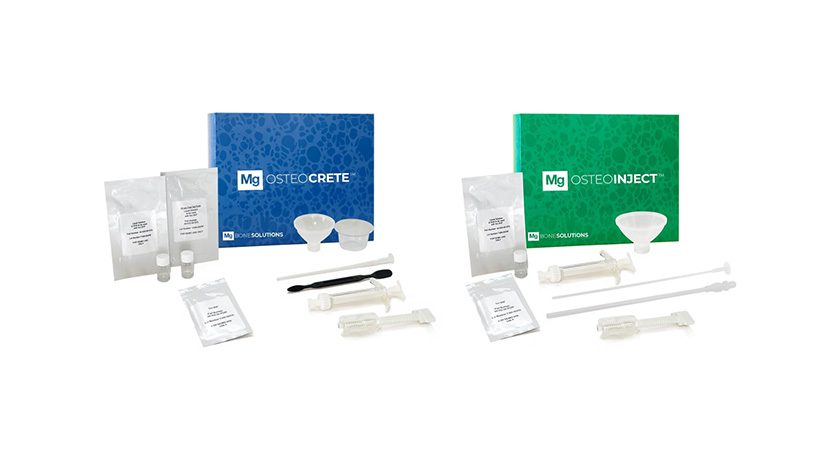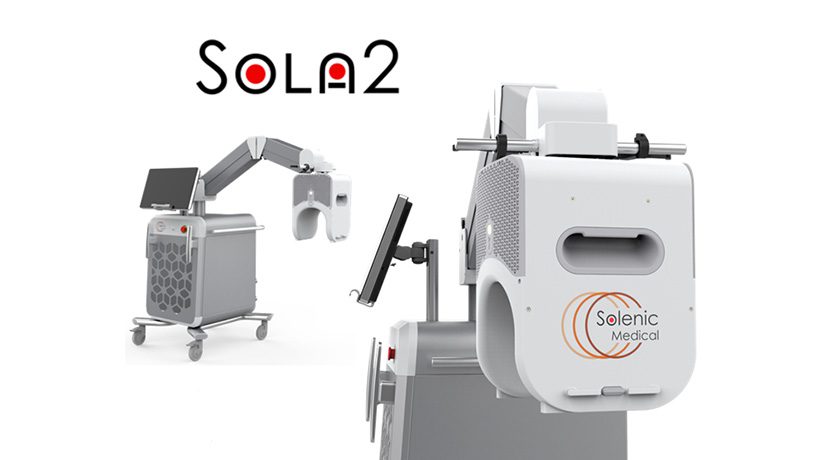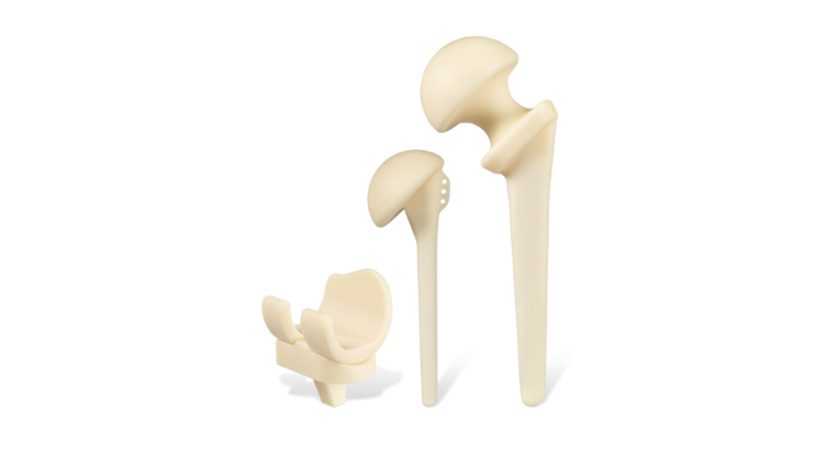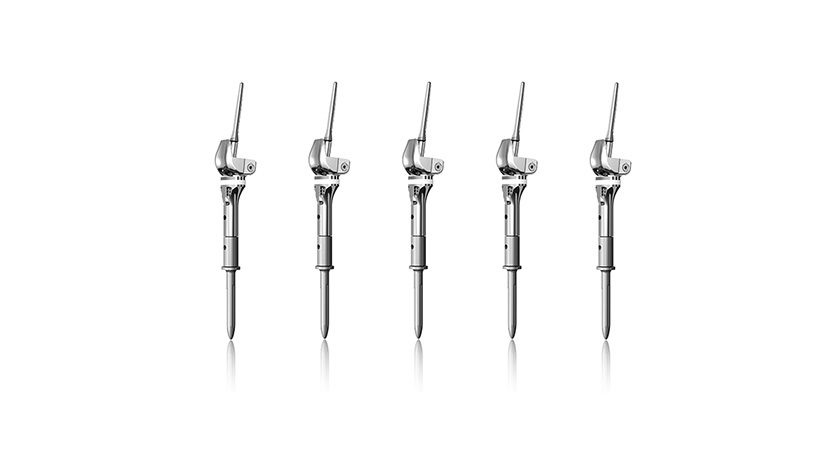
 Copy to clipboard
Copy to clipboard 
Emerging Implant Technologies (EIT) received FDA 510(k) clearance for 3D-printed spinal interbody devices to address anterior, transforaminal and posterior lumbar interbody fusion and cervical procedures.
The implants are manufactured from EIT Cellular Titanium® that yields a porosity of 80% and is designed to address clinical shortcomings such as non-fusion, biocompatibility, subsidence, migration and imaging distortion.
EIT is based in Germany. Since 2014, >10,000 cases have been performed with its products around the world.
Emerging Implant Technologies (EIT) received FDA 510(k) clearance for 3D-printed spinal interbody devices to address anterior, transforaminal and posterior lumbar interbody fusion and cervical procedures.
The implants are manufactured from EIT Cellular Titanium® that yields a porosity of 80% and is designed to address clinical shortcomings...
Emerging Implant Technologies (EIT) received FDA 510(k) clearance for 3D-printed spinal interbody devices to address anterior, transforaminal and posterior lumbar interbody fusion and cervical procedures.
The implants are manufactured from EIT Cellular Titanium® that yields a porosity of 80% and is designed to address clinical shortcomings such as non-fusion, biocompatibility, subsidence, migration and imaging distortion.
EIT is based in Germany. Since 2014, >10,000 cases have been performed with its products around the world.
Source: Emerging Implant Technologies GmbH

You’ve reached your limit.
We’re glad you’re finding value in our content — and we’d love for you to keep going.
Subscribe now for unlimited access to orthopedic business intelligence.
JV
Julie Vetalice is ORTHOWORLD's Editorial Assistant. She has covered the orthopedic industry for over 20 years, having joined the company in 1999.


